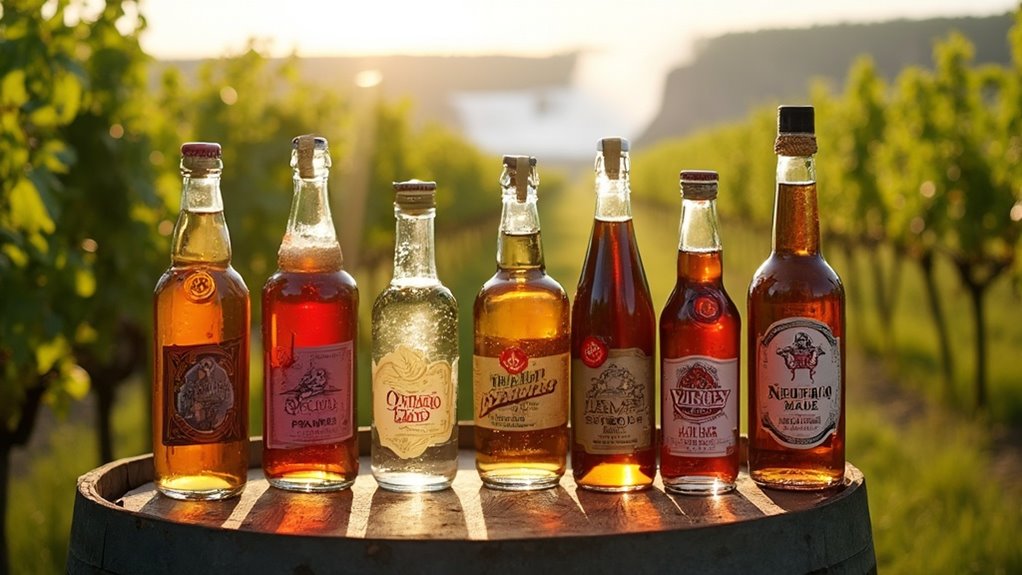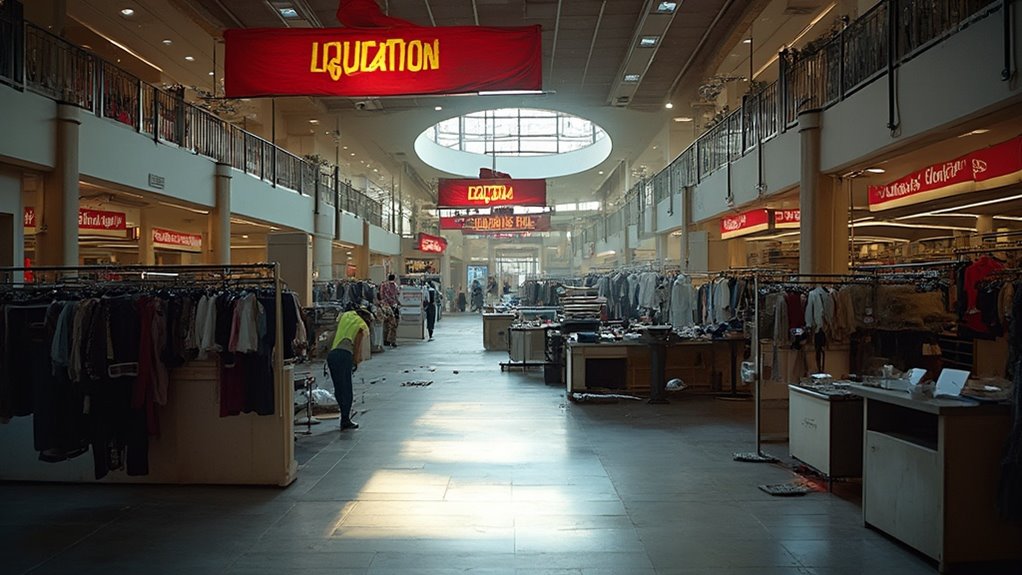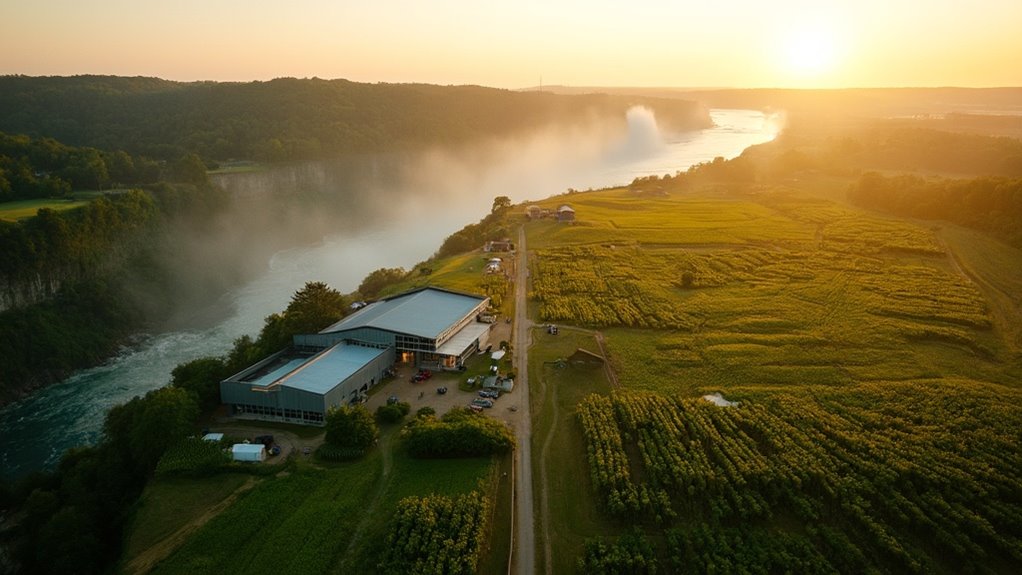Beverage makers across the Niagara region are stepping up to join the Ontario Made Initiative, a free branding program designed to boost awareness of locally made products. This initiative connects consumers with authentic Ontario products while promoting the quality craftsmanship that local manufacturers bring to the market.
The Niagara region hosts 258 food and beverage processors, representing 28% of Southern Ontario’s total. These businesses employ 3,750 people and include 158 wineries, the largest concentration in Southern Ontario. The growing participation in the Ontario Made program is strengthening local supply chains and helping these companies become more competitive.
Companies that join the initiative gain access to the Ontario Made logo for product promotion. They’re also listed on the Ontario Made website, which increases their exposure to consumers looking for local products. Participants get connected with retailers interested in Ontario-made goods and gain opportunities for social media promotion.
A notable development in the region is the formation of United Niagara Beverages, a joint venture between United Craft and Niagara Falls Craft Distillers. This partnership aims to speed up beverage innovation and production while offering contract services to other companies. The joint venture plans to implement aggressive marketing strategies to increase visibility of local craft beverages. They plan to open physical and online retail stores soon.
The food and beverage sector generates $39 billion in annual revenue and employs 125,000 people across Ontario. It’s the province’s second-largest manufacturing sector, with exports valued at $7.7 billion. Experts project the industry will grow to $70 billion in revenue by 2030.
Recent investments show the sector’s strength. An $18.4 million investment is supporting eight food manufacturers in 2024. First Choice Beverage Inc. is putting $50 million into its Mississauga facility, creating 20 new jobs and securing 91 existing positions.
Employment in food, beverage, and tobacco manufacturing is expected to grow from 2024 to 2026. Lower interest rates should help companies expand, while the planned expansion of alcohol sales to convenience stores by 2026 will create new retail opportunities for local beverage makers.
As the industry expands and new retail opportunities emerge, Niagara’s producers are well-positioned for growth. See how other sectors are evolving across the region on Marketplace Niagara.









